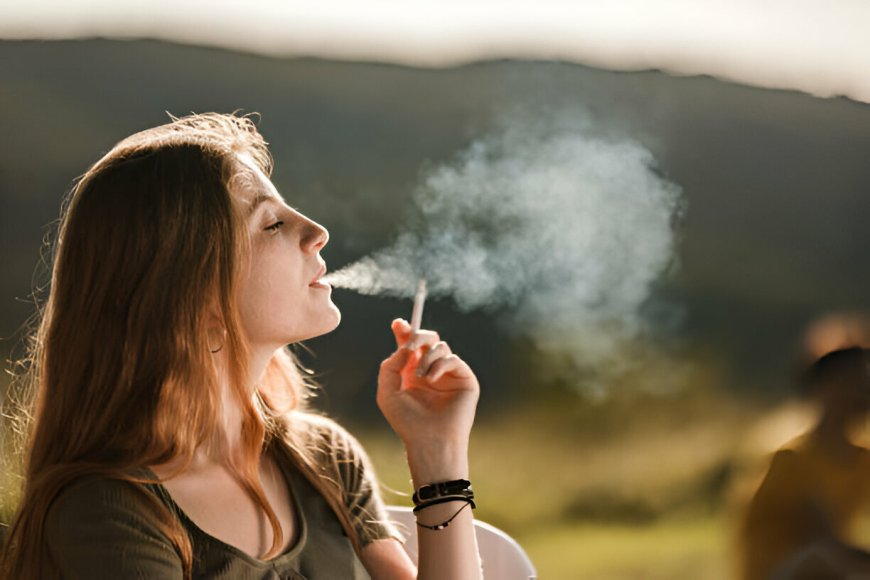Is It Illegal to Smoke at Your House in Australia?
This article will explore whether it is illegal to smoke at home in Australia, the implications of smoking indoors, and what you need to know as a smoker.

In Australia, smoking laws have evolved significantly over the years, primarily aimed at protecting public health and reducing the prevalence of smoking. While many regulations focus on public spaces, many people wonder about the legality of smoking in private residences, particularly within their own homes. This article will explore whether it is illegal to smoke at home in Australia, the implications of smoking indoors, and what you need to know as a smoker.
Understanding Smoking Regulations in Australia
Australia has implemented strict laws regarding smoking in public places, including restaurants, bars, and workplaces. These laws vary by state and territory but generally aim to reduce exposure to secondhand smoke and encourage healthier environments.
Public Smoking Bans
Most states and territories prohibit smoking in enclosed public spaces. This includes:
-
Restaurants and Cafés: Smoking is banned inside all dining establishments.
-
Pubs and Clubs: Indoor smoking is not allowed in licensed venues.
-
Public Transport: Smoking is prohibited on buses, trains, and at train stations.
-
Playgrounds and Sporting Events: Many local councils have implemented bans on smoking in these areas to protect children and families.
These regulations are designed to safeguard public health by minimizing exposure to secondhand smoke.
Smoking in Private Residences
When it comes to private residences, the rules are quite different. In general, it is legal to smoke in your own home in Australia. However, there are important considerations to keep in mind:
Rental Properties
If you live in a rental property, your ability to smoke indoors may be subject to the terms of your lease agreement. Many landlords and property managers have adopted no-smoking policies to protect the property from damage and maintain a healthy environment for all tenants.
- Lease Agreements: Review your lease carefully; if it includes a no-smoking clause, you must adhere to it or face potential penalties.
-
Communication with Landlords: If you’re unsure about your rights regarding smoking in a rental property, it’s best to discuss this with your landlord or property manager.
Strata Properties
For those living in strata-titled properties (such as apartments), additional rules may apply. Many strata schemes have implemented bylaws that restrict or prohibit smoking in common areas or even within individual units.
-
Common Areas: Smoking is typically not allowed in shared spaces like hallways, pools, or gardens.
-
Individual Units: Some strata agreements may restrict smoking within units if it affects other residents’ comfort or health.
Health Considerations
While it may be legal to smoke at home, it’s essential to consider the health implications for yourself and others:
-
Secondhand Smoke: Exposure to secondhand smoke can have serious health consequences for non-smokers, including children and pets. It’s vital to consider their well-being when deciding where to smoke.
-
Indoor Air Quality: Smoking indoors can lead to lingering odours and damage surfaces over time. Proper ventilation can help mitigate some of these effects but may not eliminate them entirely.
Legal Implications of Smoking Indoors
While there are no laws prohibiting smoking inside private residences, certain legal implications may arise under specific circumstances:
Child Protection Laws
If you smoke indoors with children present, you could potentially face scrutiny under child protection laws. Authorities may investigate claims of neglect if they believe that a child’s health is being compromised by exposure to secondhand smoke.
Domestic Violence Situations
In cases of domestic violence or disputes, smoking habits may be considered during legal proceedings if they impact the safety or well-being of family members.
Insurance Considerations
Some insurance policies may have clauses related to smoking that could affect coverage or claims if a fire occurs due to careless smoking habits.
Alternatives for Smokers
If you’re concerned about the implications of smoking indoors or want to reduce exposure for others in your home, consider these alternatives:
Outdoor Smoking Areas
Creating a designated outdoor space for smoking can help keep indoor air clean while allowing you to enjoy your habit without disturbing others.
Vaping Options
For those looking for alternatives to traditional cigarettes, vaping has become increasingly popular. Many smokers find that vaping provides a similar experience with fewer harmful effects associated with combustion.
Designated Times
If you live with non-smokers or children, consider designating specific times for smoking when others are away from home or in separate areas of the house.
In summary, it is generally legal to smoke at home in Australia; however, there are important considerations regarding rental agreements, strata regulations, health implications, and potential legal issues related to child protection laws. As a responsible smoker, it’s crucial to be mindful of those around you and take steps to minimize any negative impact on their health and comfort. For those looking for quality products such as cigarettes in Australia while adhering to local regulations, My Cigs Australia offers a wide range of options tailored to meet your needs. Whether you're purchasing for yourself or looking for alternatives like vaping products, My Cigs Australia has you covered. Visit My Cigs Australia today for all your smoking needs!
What's Your Reaction?
























